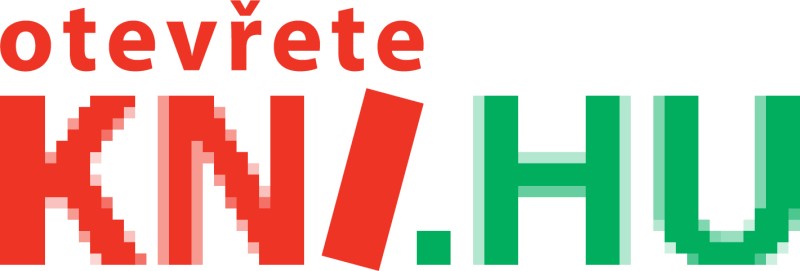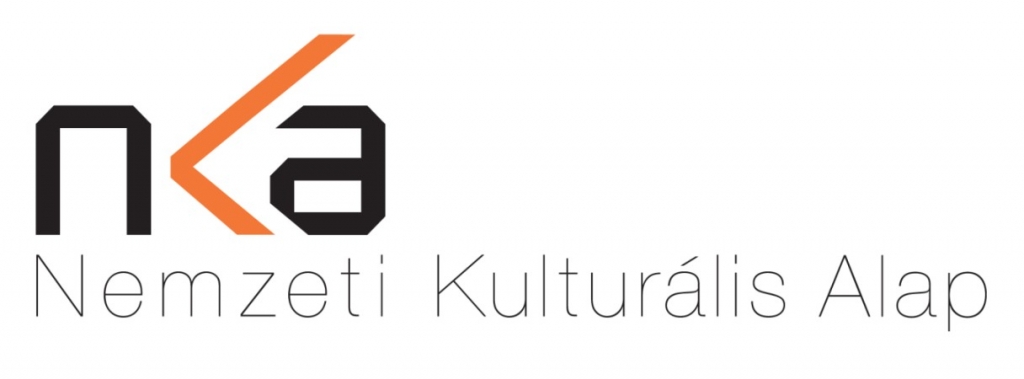
A thousand shades of black and white
Over half a century ago people were predicting the end of Gutenberg’s galaxy; they were mistaken, it seems. Black letters winding a path across a white page are these days attracting readers old and young in hitherto unprecedented numbers. In recent decades changes in reading habits have shown that books and the information they convey live on in ever new forms. There are more than fifty shades of black and white: the combination of black and white has a unique ability to take on all shades of the colour fan, so making our world ever more interesting and varied.
The promotion of the written word in all its diversity is the mission of this book fair, whose guest of honour is not only Hungarian literature but also Hungary itself, in all its vividness. This diversity is on display in Hungary’s pavilion and the programmes connected with it; it is also presented in just-published books that familiarize Czech readers with Hungarian literature and allow them to look at themselves in the mirror of Hungary and central Europe. Reflecting this diversity, the Hungarian pavilion reminds us of a roundabout at a fairground. There will be fairground-type attractions, barkers, music and demonstrations of gastronomy; visitors will have the chance to try the flavours of Hungary and to meet interesting authors whose readerships are among the largest in contemporary European literature. We have been involved in bringing to the fair works by authors such as Péter Esterházy, Lajos Grendel, Péter Nádas, Krisztina Tóth, György Spiró, László F. Földényi and János Háy. Extracts will be read by well-known Czech actors, while Hungarian authors who are guests of the fair will appear in discussion with well-known Czech journalists. Published to mark the 25th anniversary of the fall of communism in central Europe, an anthology of 20th-century Hungarian Catholic literature provides information in this area that hitherto has been missing. In this work devotees of Hungarian literature Jaroslav Durych and Jakub Deml fill in blank spaces in the history of Hungarian-Czech cultural relations and demonstrate the power of Christian humanism, which has done and continues to do so much in the struggle against totalitarian mindsets.
In academic publishing, too, emphasis is placed on diversity. Books by Richard Pražák and Simona Kolmanová offer insight into the history of Hungarian-Czech relations. Our programme will introduce visitors to the importance in Hungary of Bohumil Hrabal and what his narrative art means for his translators and readers. A monograph by Róbert Kiss Szemán on Ján Kollár, writer of the epic poem The Daughter of Sláva, addresses the circumstances of the birth of the modern Czech nation in the 19th century and discusses ways in which Pest and Buda contributed to the Czech National Revival. A publication containing the latest fruits of research by Hungarian experts in Czech studies presents Czech culture with another interesting mirror image. The wide variety of topics addressed in this work is proof of the multifaceted presence of Czech culture in Hungary. At a round table Hungarian experts in Czech studies will discuss what they consider important in Czech culture and why.
As in previous years there will be small gifts connected with the fair, such as paper hats and pinwheels.
Balassi Institute

The Balassi Institute is responsible for the promotion (in Hungary) of the Hungarian cultures of Hungarians living beyond Hungary’s borders and (abroad) of Hungarian culture as whole. It disseminates and popularizes across the world a comprehensive view of Hungarian culture while promoting in Hungary the traditions and cultures of Hungarians living outside of Hungary.
The Institute is a non-profit organization that creates conditions for the development of international contacts in culture and education. Since 1 March 2007 it has operated as a professional centre of cultural affairs (comparable with the Goethe-Institut or the British Council) with unique areas of activities and methodology of work.
The Hungarian Institute in Prague (formerly the Hungarian Cultural Centre in Prague) last year celebrated 60 years of work in the Czech Republic.
Finantial support
